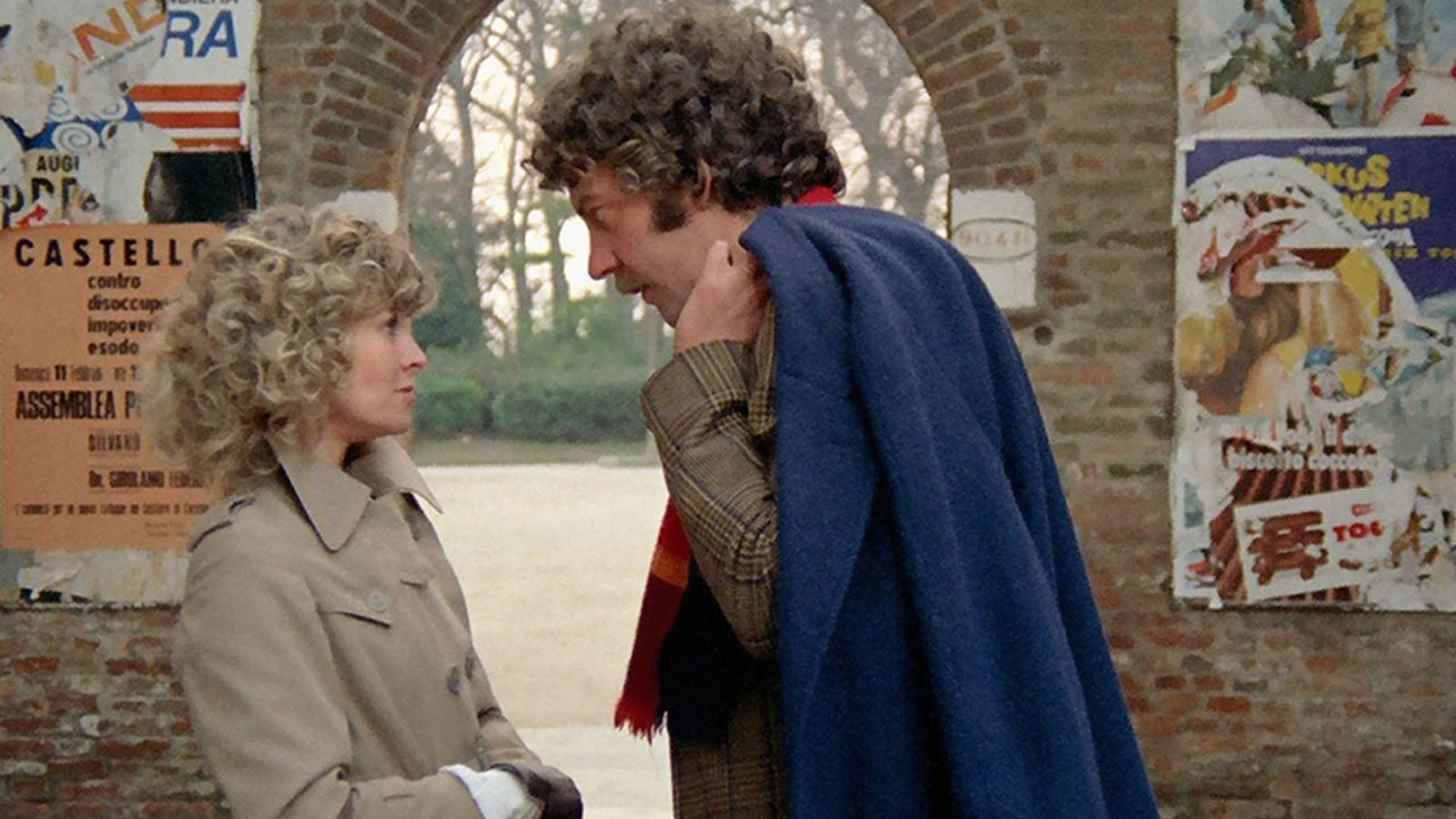
Mildred Pierce
Mildred Pierce is a delight of a noir, taking a fresh look at the typical themes of greed and corruption and mixing them with the social dramas often seen in stories about women, led by a powerhouse performance from Joan Crawford, all coming together to make one of the Greatest Films of All Time.

Michael Clayton
The acting and intensely gripping plot of Michael Clayton have helped it stand the test of time to become one of the all-time greats.

Talk to Her
It’s well-written, excellently acted, and contains plenty of meditations on the complexities of the human experience to earn its recognition as one of the greats.


Don’t Look Now
While not every moviegoer is guaranteed to love the direction that Don’t Look Now travels within the genre of horror, anyone who loves film will be rewarded with a series of excellently directed sequences that continue to impact the medium to this day, which explains its presence among the Greatest Films of All Time.

Witness for the Prosecution
Blending strong performances with a well-paced story and a fun and twisting third act, Witness for the Prosecution shows itself as one of Wilder’s best films, one of the best courtroom dramas ever made, and one of the Greatest Films of All Time.

Three Colors: Blue
The intentionality of Kieslowski combined with the emotionally engaging, well-acted attempt at listlessness from Binoche carry Three Colors: Blue to a place of cinematic greatness.

Brother’s Keeper
Brother’s Keeper is a strong, if at times familiar, documentary that showcases the triumph of community and family over corruption and prejudice through the story of a single family’s struggle, which earns it a spot among the greats.


The Sweet Hereafter
Atom Egoyan’s The Sweet Hereafter tells audiences a cohesive and compelling story of grief and the ways that humans seek to deal with it, showcased in every aspect of the film, which work together to make something worth a spot among the greats.

The Constant Gardener
Carried by its two leading performers, The Constant Gardener supplies us with a compelling look at government and pharmaceutical corruption and exploitation that maintains its watchability primarily through Weisz and Fiennes, who earn it a spot among the greats.

The Usual Suspects
With a plot twist that stands the test of time, a phenomenal script, and a memorable performance from its primary witness, The Usual Suspects earns its place in cinematic history, standing among the other great crime thrillers as one of the best.

Reversal of Fortune
The leading performances of Reversal of Fortune are what have earned it a place among the all-time greats, but none stand taller than Jeremy Irons’s Oscar-winning portrayal of Claus von Bülow, which keeps the audience guessing and almost rooting against the narrative at every turn while staying fully hooked into how it’ll all play out.

Monster
By framing its story around the nature of relationships and perceptions, Monster invites its audience to better appreciate and accept the “others” in our lives and to seek to consider others’ circumstances before slapping them with labels or accusations, a sentiment more than deserving of a place of greatness.

Solaris
Andrei Tarkovsky gives his audience plenty to ponder in Solaris, using everything from production design to dialogue to the performances of his actors to portray a truth about humanity and our need to see ourselves in the world and people around us, giving us an All Time Great in the process.



Promising Young Woman
Carey Mulligan’s leading performance pairs perfectly with Emerald Fennell’s script and story in Promising Young Woman to give audiences a film that captures the outrage of victims of sexual assault across the world who have been silenced because of the inconveniences of their plights, making this one of the most necessary and greatest films ever made.

